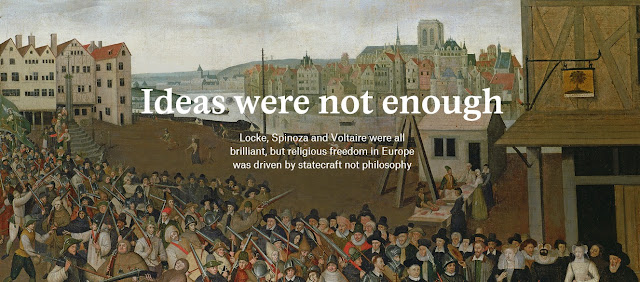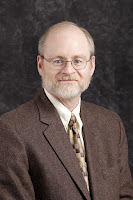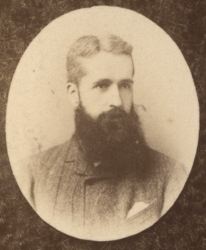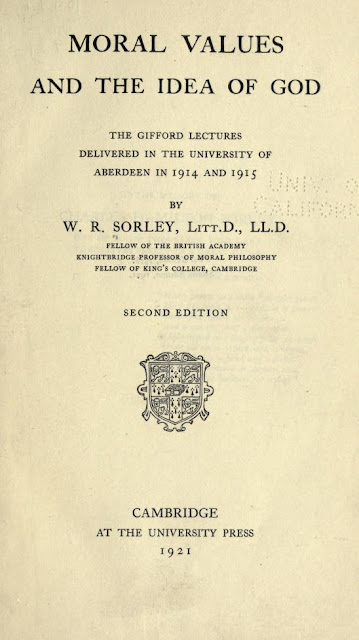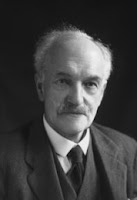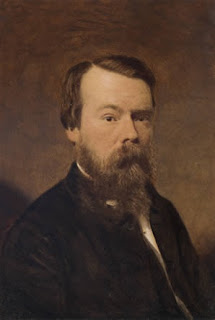
De andere van degenen die op de bibliografie van Lewis Browne, Blesséd Spinoza [cf. Blog] voorkwamen en mij nog onbekend waren, is deze James Allanson Picton, naar wie ik dus vervolgens op zoek ging.
James Allanson Picton was de oudste zoon van Sir James Allanson Picton te Liverpool; hij kreeg zijn opleiding aan het Liverpool Institute, ‘t Owens College Manchester, en behaalde in 1856 een M.A. in klassieke talen aan de Universiteit van Londen. Dat jaar werd hij onafhankelijk predikant in Cheetham Hill, Manchester; vervolgens in Leicester (1863-68), en Hackney (1858-76); Van 1884-1894 was hij lid van het Parlement voor Leicester. [Cf. van hier foto uit 1868; cf. wikipedia; cf. The Online Books J. Allanson Picton]
Van hem verschenen diverse boeken over religieuze kwesties: The Bible in School: A Question of Ethics (1901, 1907); The Religion of the Universe (1904); Pantheism: Its Story and Significance (1905 – gutenberg.org). En dan het boek waar het hier om gaat, dat apart werd uitgegeven in Londen en New York:
J. Allanson Picton, Spinoza, A Handbook to the Ethics. London: A. Constable, Limited, & New York: E.P. Dutton& co., 1907 - 261 pagina's – archive.org en hathitrust.org
